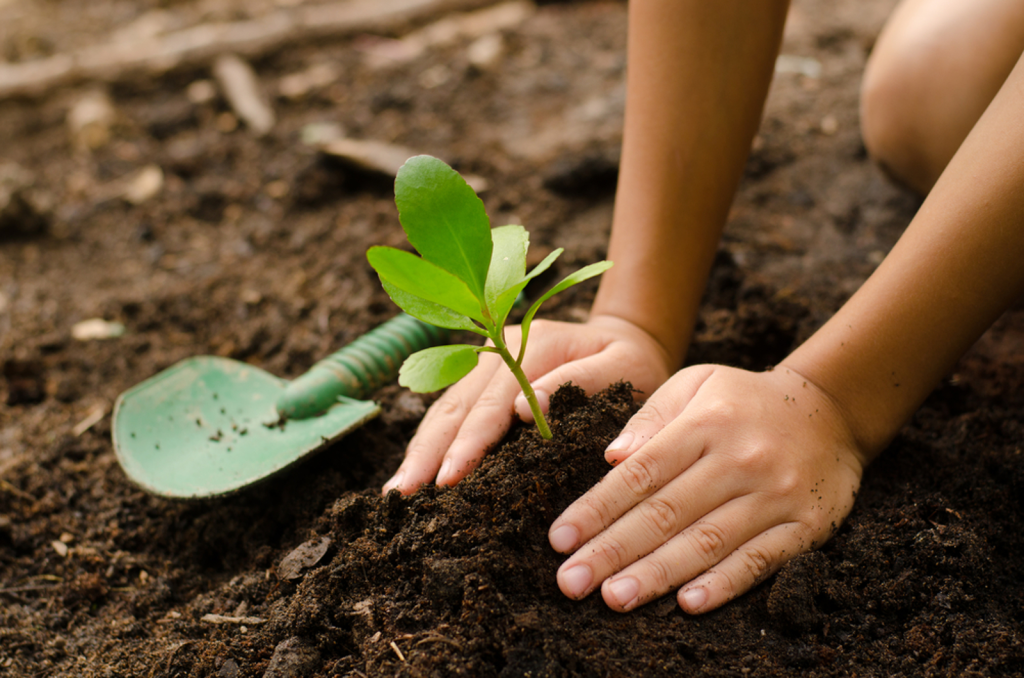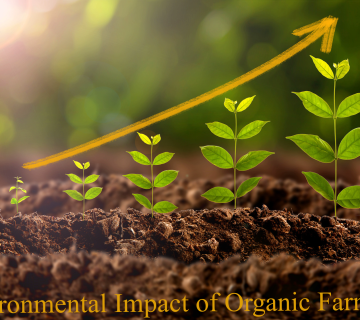Ancient civilizations that practiced agriculture using natural and sustainable methods were the forerunners of organic farming, and their practices can be traced back to the beginning of organic farming. On the other hand, the modern organic farming movement didn’t get its start until the early 20th century as a reaction to the adverse effects that industrial farming had on human health, soil health, and the environment. In the following paragraphs, we will investigate the origins of organic farming and trace its development over the course of human history.
Ancient Roots of Organic Farming
The roots of organic farming can be traced back to ancient civilizations, such as the Mayans, Greeks, and Romans, who all practiced sustainable agriculture. They used natural methods, such as crop rotation, composting, and cover crops, to maintain soil fertility and reduce the need for synthetic inputs. These methods helped to ensure a steady supply of food and preserve the health of the soil and the surrounding ecosystem.

The Birth of the Organic Farming Movement
The modern organic farming movement began in the early 20th century as a response to the negative impacts of industrial agriculture on human health and the environment. Many farmers were concerned about the widespread use of synthetic fertilizers and pesticides, which were causing soil degradation, water pollution, and health problems for farmers and consumers.
In the 1940s and 1950s, a group of farmers and scientists in Europe and the United States began to develop a new approach to farming that emphasized natural methods of cultivation and rejected the use of synthetic chemicals. This movement was based on the principles of sustainability, ecological balance, and health, and it came to be known as organic farming.
The Growth of Organic Farming
In the 1970s and 1980s, the organic farming movement gained momentum as more and more people became aware of the negative impacts of industrial agriculture on human health and the environment. Governments around the world began to develop organic farming standards and regulations, and the organic food industry started to grow.
Today, organic farming is a global movement, with millions of farmers practicing sustainable agriculture and millions of consumers choosing organic food for its health and environmental benefits. Organic farming has also become an important part of the sustainable agriculture movement, which seeks to promote farming practices that are good for the environment, good for farmers, and good for consumers.
The history of organic farming is a testament to the power of sustainable agriculture and the resilience of natural systems. From ancient civilizations to modern-day organic farmers, people have recognized the importance of working with nature to grow healthy food and maintain healthy ecosystems. As we face the challenges of the 21st century, including climate change, soil degradation, and food insecurity, organic farming offers a way forward that is sustainable, equitable, and resilient.





No comment